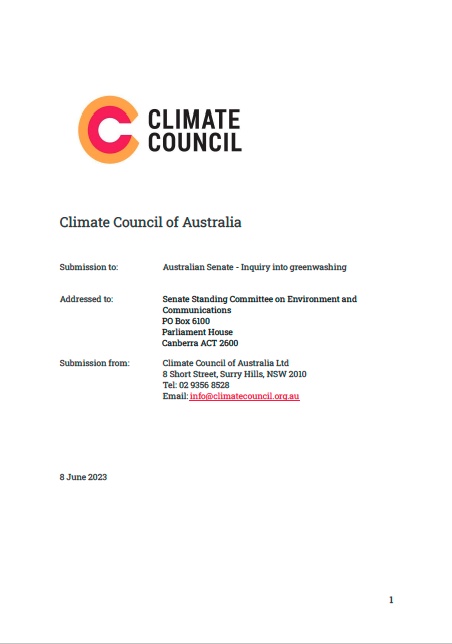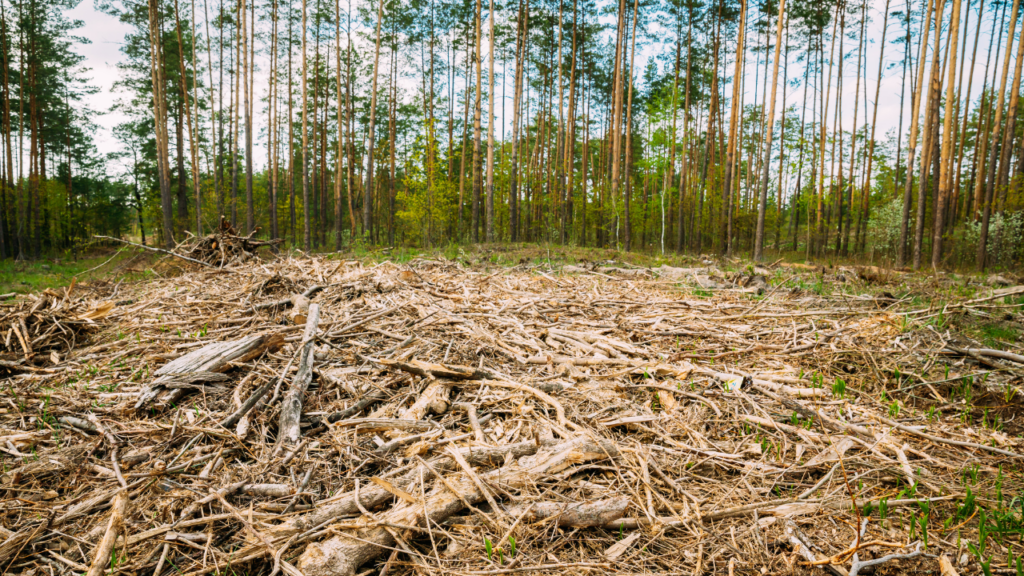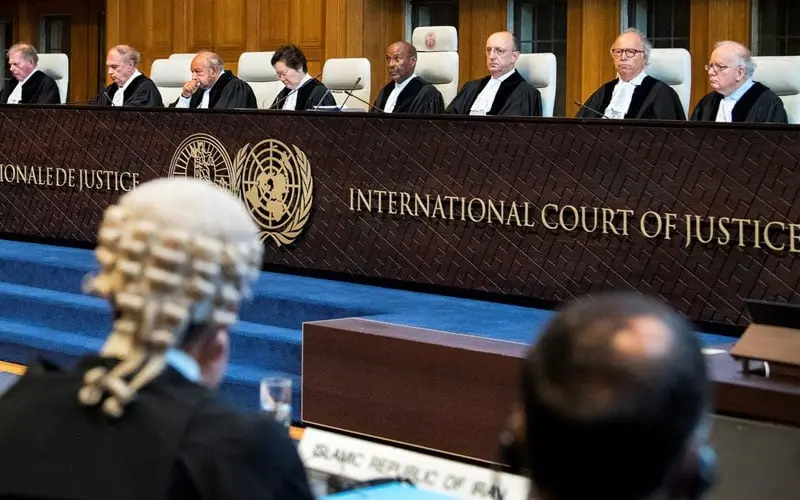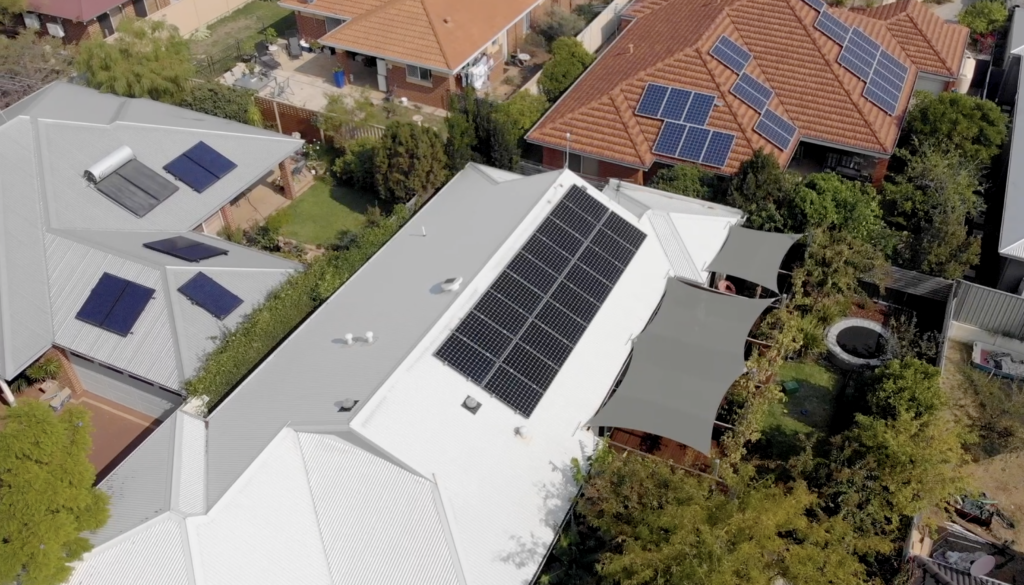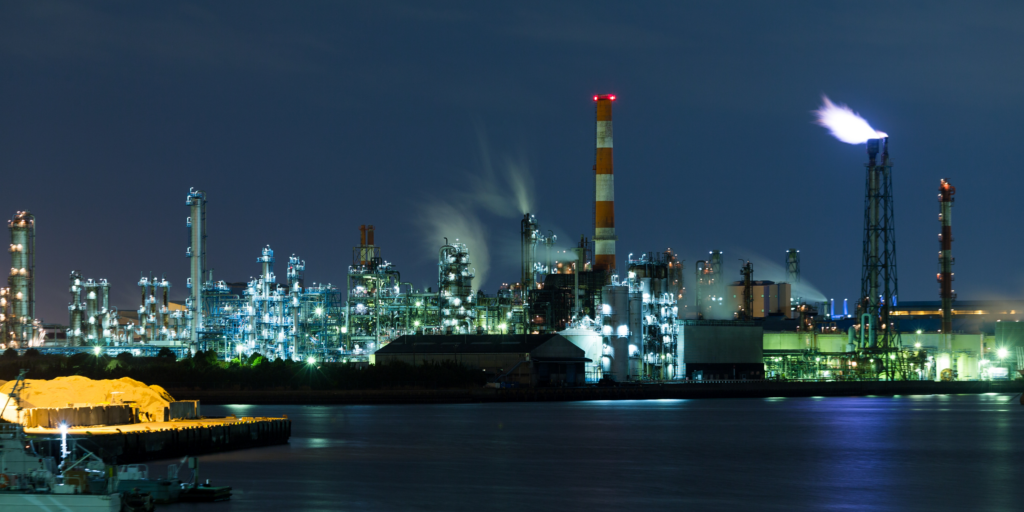Global temperatures are rising and we are running out of time to prevent wide-scale climate harm. This is the reality that Australia must confront: if we do not cut greenhouse gas emissions rapidly and deeply this decade, we face an escalating climate catastrophe.
The world has already warmed by around 1.2°C and Australia is suffering significant losses from climate change with worse on the way. Extreme weather-related events – such as bushfires, floods, heatwaves and droughts – are happening more often, and are more severe. To prevent further and potentially catastrophic harm from climate change, we must hold warming to well below 2 degrees Celsius and strive to limit it to 1.5 degrees.
This will not be possible unless the amount of harmful greenhouse gases produced in Australia, and around the world, rapidly declines. Genuine emissions reduction at the source this decade must be the focus, because it is our best chance of protecting the places and communities we love. This means replacing polluting fossil fuels with clean alternatives like wind and solar power in our energy system; rethinking how we move around to cut carbon pollution from personal and heavy transport; and pursuing new technologies and approaches that clean up production processes in industry and agriculture. It also means reversing deforestation and stopping the degradation of our natural ecosystems, which causes the release of previously-stored carbon. By reducing emissions at their source, we can cut the amount of harmful greenhouse gases spewing into our atmosphere.
Greenwashing is actively harmful to our shared efforts to reduce emissions and protect Australians from escalating climate harm. When high polluting companies use buzzwords like ‘low emissions’, ‘net zero’ or ‘carbon neutral’ without a real basis, it doesn’t just mislead consumers. It obscures accountability for their ongoing contribution to harmful climate change, reduces pressure on governments to regulate their actions, and leads to the misallocation of capital in our economy.
This submission focuses on greenwashing in the context of this specific category of claims – those relating to the climate impact of company operations or products. We acknowledge that there are other varieties, with claims relating to sustainability, recycling and management of waste being particularly prevalent in relation to consumer goods. However, the Climate Council is concerned that the current public conversation in Australia is overly focused on consumer-facing instances of greenwashing – for example, in the advertising of products and services. The billion tonne elephant in the room is greenwashing by major multinational fossil fuel companies operating in Australia, who are gaslighting governments, investors and communities alike with serious and systemic greenwashing claims.
This submission outlines why no fossil fuel company that is pursuing new or expanded projects can claim to have a genuine plan for achieving ‘net zero’ or ‘carbon neutrality’. It draws on the evidence-based framework provided by the United Nations High-Level Expert Group on the Net Zero Emissions Commitments of Non-State Entities (2022) to demonstrate that some of Australia’s largest corporations are currently making baseless and unsubstantiated claims to financial markets, investors and governments – as well as to consumers. The serious and systemic nature of this greenwashing calls for government regulation, to ensure climate action in Australia is not derailed by the dishonesty of these corporations. The Climate Council calls on the Australian Parliament to pursue legislation banning greenwashing, drawing on emerging international precedents. In this critical decade for action to prevent the worst impacts of harmful climate change, the stakes are simply too high to allow major corporations to continue misleading us all about their role in adding fuel to the fire.
The Climate Council’s recommendations are summarised below:
Recommendation 1
The Climate Council recommends the Australian Parliament develop clear legislation to unambiguously define and prevent greenwashing by major corporations – including fossil fuel companies. This legislation should take as its basis the evidence-based recommendations of the United Nations High Level Expert Group on the Net Zero Emissions Commitments of Non-State Entities.
Recommendation 2
The Climate Council recommends the Australian Competition and Consumer Commission and the Australian Securities and Investments Commission issue immediate guidance clarifying that fossil fuel corporations engaged in the following activities cannot make ‘net zero’ or ‘carbon neutral’ claims in advertising or to financial markets:
- Proposing or developing new and expanded coal, oil and/or gas projects;
- Failing to make plans for addressing the full life cycle emissions impact of their products;
- Relying primarily on offsets for the purpose of meeting any proposed emissions reduction targets (whether Scope 1, 2 or 3).
Recommendation 3
The Climate Council recommends the Australian Parliament pursue the development of legislation banning the following practices:
- Making net zero, carbon neutral or associated claims where a corporation is continuing to build or invest in new or expanded fossil fuel supply;
- Making net zero, carbon neutral or associated claims where a corporation does not have methods in place to appropriately measure its full life cycle emissions – Scope 1, 2 and 3 – and progressively reduce emissions from all of these sources;
- Making net zero, carbon neutral or associated claims which are based on emissions intensity metrics rather than genuine reductions in absolute lifecycle emissions;
- Making net zero, carbon neutral or associated claims which are based primarily on the use of offsetting, rather than genuine emissions reduction.
This legislation should be drafted so as to prevent corporations from making the above claims in the following contexts as a minimum:
- in public advertising in any form – including through a corporation’s own communication channels such as social media or printed marketing materials
- to financial markets – including investors and market regulatory bodies
- to government agencies, regulators and the Parliament – including through consultation processes and in response to direct requests for information about their climate action plans.
Recommendation 4
The Climate Council recommends policymakers engage with regulators in France, the European Union and California about the drafting and inclusions of an Australian anti-greenwashing law, to ensure this reflects current international best practice while also identifying opportunities to advance and build on this – particularly in relation to the regulation of environmental claims by fossil fuel companies.
